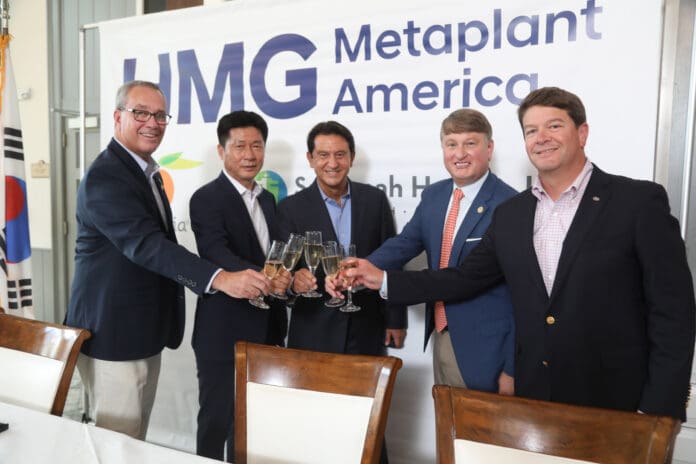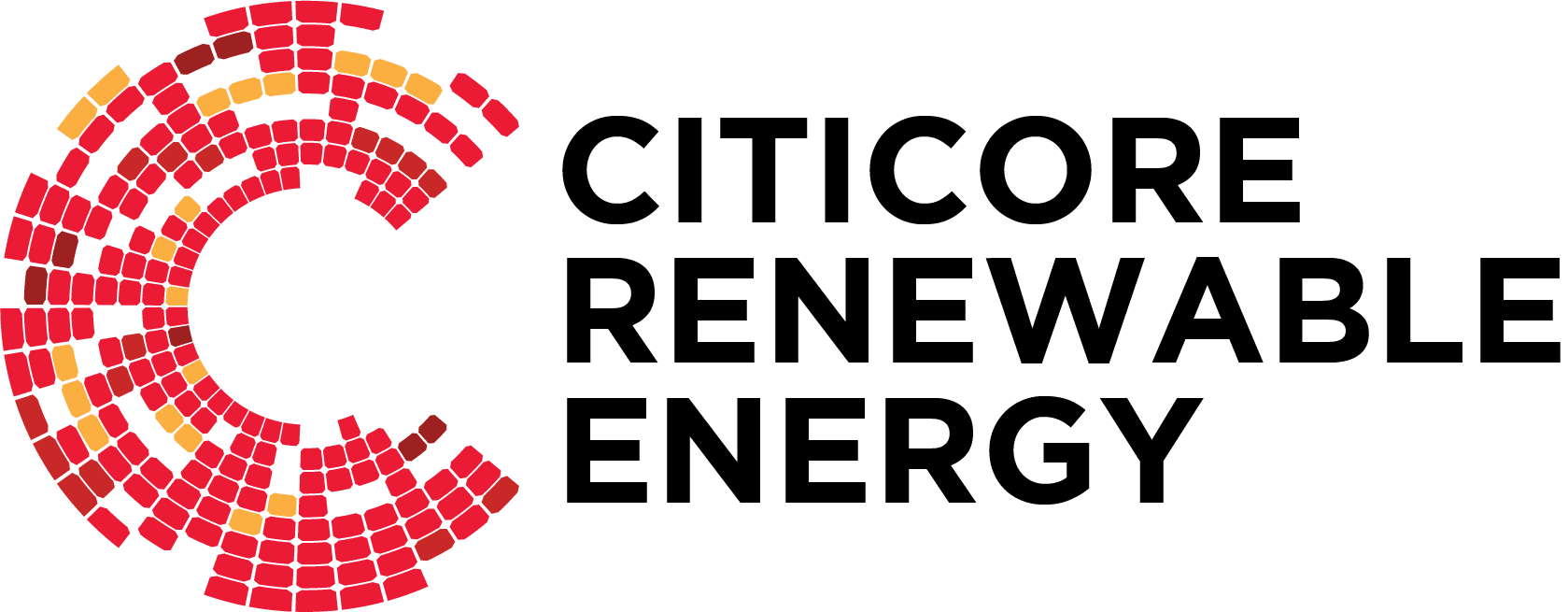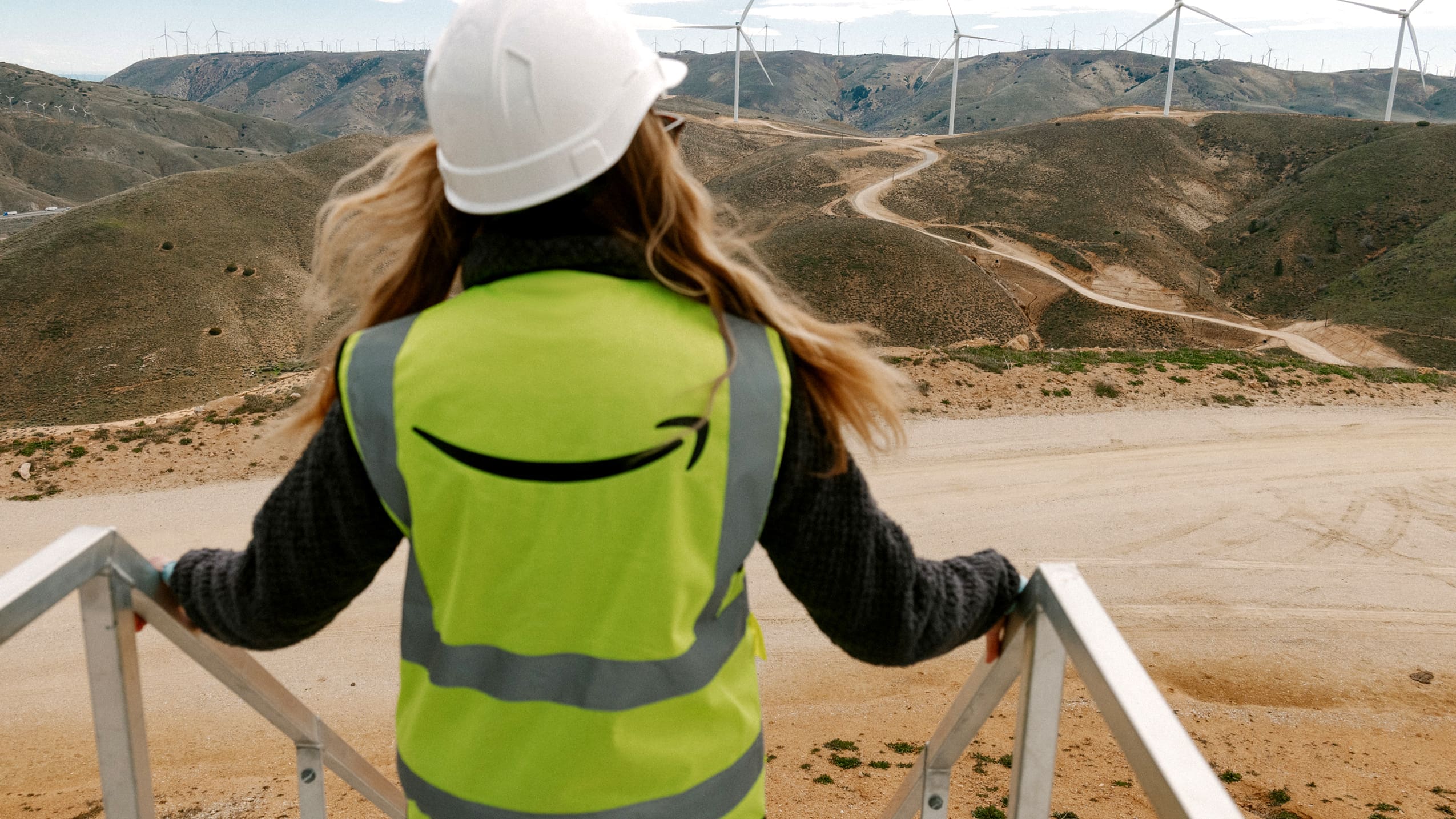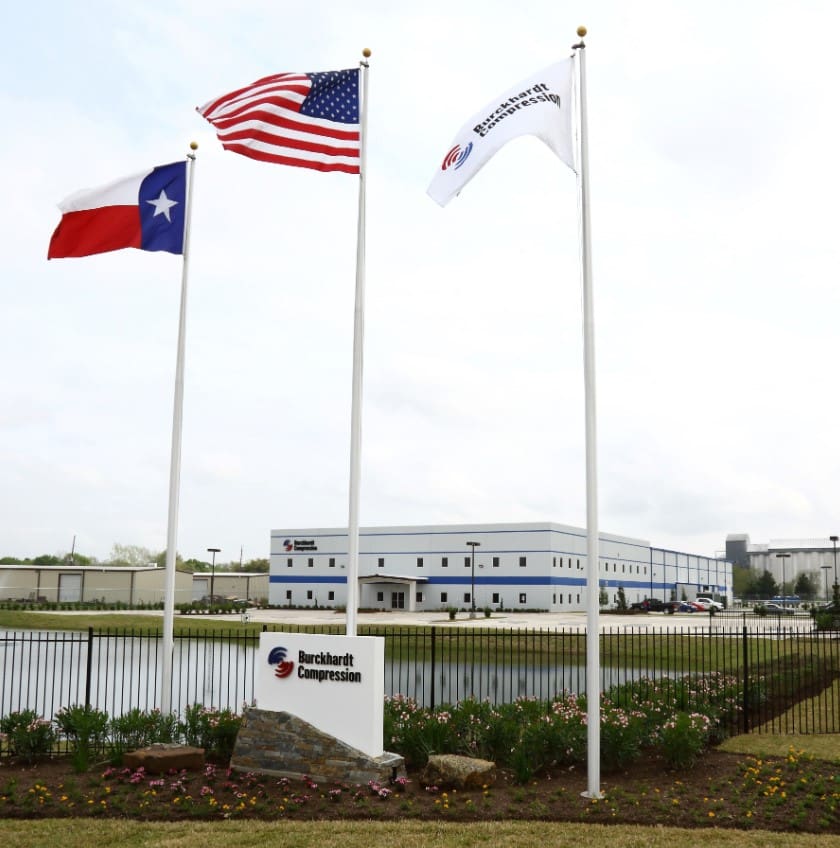Georgia Governor Brian P. Kemp announced that Hyundai Motor Group and LG Energy Solution (LGES) will invest an additional US$2 billion in their battery cell manufacturing joint venture (JV) at the Metaplant in Bryan County, raising the JV’s total investment value to more than US$4.3 billion. This expansion will create another 400 new jobs.
“In a single year, we broke ground on the largest project in state history, landed multiple suppliers across the state for Hyundai’s Metaplant, and welcomed LGES to Bryan County. Today, we’re building on that success as we continue to make Georgia the e-mobility capital of the nation,” said Kemp. “These types of major investments ultimately go to hardworking Georgians in the form of paychecks, improved schools and infrastructure, and more.”
“This incremental investment in Bryan County reflects our continued commitment to create a more sustainable future powered by American workers,” said José Muñoz, president and global chief operating officer of Hyundai Motor Company and president and chief executive officer of Hyundai and Genesis Motor North America. “Hyundai is proud to partner with LGES and we are grateful for the support of Governor Kemp and the many communities throughout the State of Georgia that help drive our operations everyday.”
In May 2023, Hyundai Motor Group and LGES signed a memorandum of understanding establishing LGES as the partner for Hyundai Motor Group Metaplant America’s (HMGMA’s) onsite battery cell manufacturing JV. The EV manufacturing facility and the battery JV represent an estimated US$7.59 billion in investment and will create 8500 new jobs for the region over the next eight years.
“In collaboration with our trusted partner Hyundai Motor Group, this investment underscores our dedication to driving America’s EV transition while bolstering the local economy through the creation of quality jobs,” said Dong-Myung Kim, president and head of the Advanced Automotive Battery Division of LG Energy Solution. “Thanks to the support from the State of Georgia, we are excited to bring in our top-quality products and storied operational experience to grow together with its communities.”
The 30-GWh facility will be able to support the production of 300,000 units of EVs annually at full operation. Battery packs will be assembled using cells from the plant, then supplied to the Hyundai Motor Group’s US manufacturing facilities for production of Hyundai, Kia, and Genesis EV models.
Director of Project Implementation and Supplier Strategy Alyce Thornhill represented the Georgia Department of Economic Development’s (GDEcD) Global Commerce team on this competitive project in partnership with the Savannah Harbor-Interstate 16 Corridor Joint Development Authority (JDA), Georgia Power, Georgia Ports Authority, and Georgia Quick Start.
“Governor Kemp set a goal of Georgia becoming the top location for EV manufacturing in the United States, and with this announcement today, the state is in a great position to claim that distinction,” said GDEcD Commissioner Pat Wilson. “Through our focus on building an ecosystem that supports the entire EV supply chain, Georgia continues to add to our industry-leading success, bringing the jobs of the future home to Georgians in every corner of the state. State and community partners like the Savannah-area JDA, utility providers, Georgia Ports Authority, and Georgia Quick Start create a collaborative, business-friendly environment that sets Georgia up for success.”
As the emerging EV market continues to grow, Georgia has pursued job creation along the entire supply chain, resulting in more than US$25 billion in investments and the creation of more than 30,000 jobs since 2018. Battery related projects have accounted for at least US$11 billion in investment. In fiscal year 2023, job creation in the automotive industry increased by 324% when compared to fiscal year 2021.

















